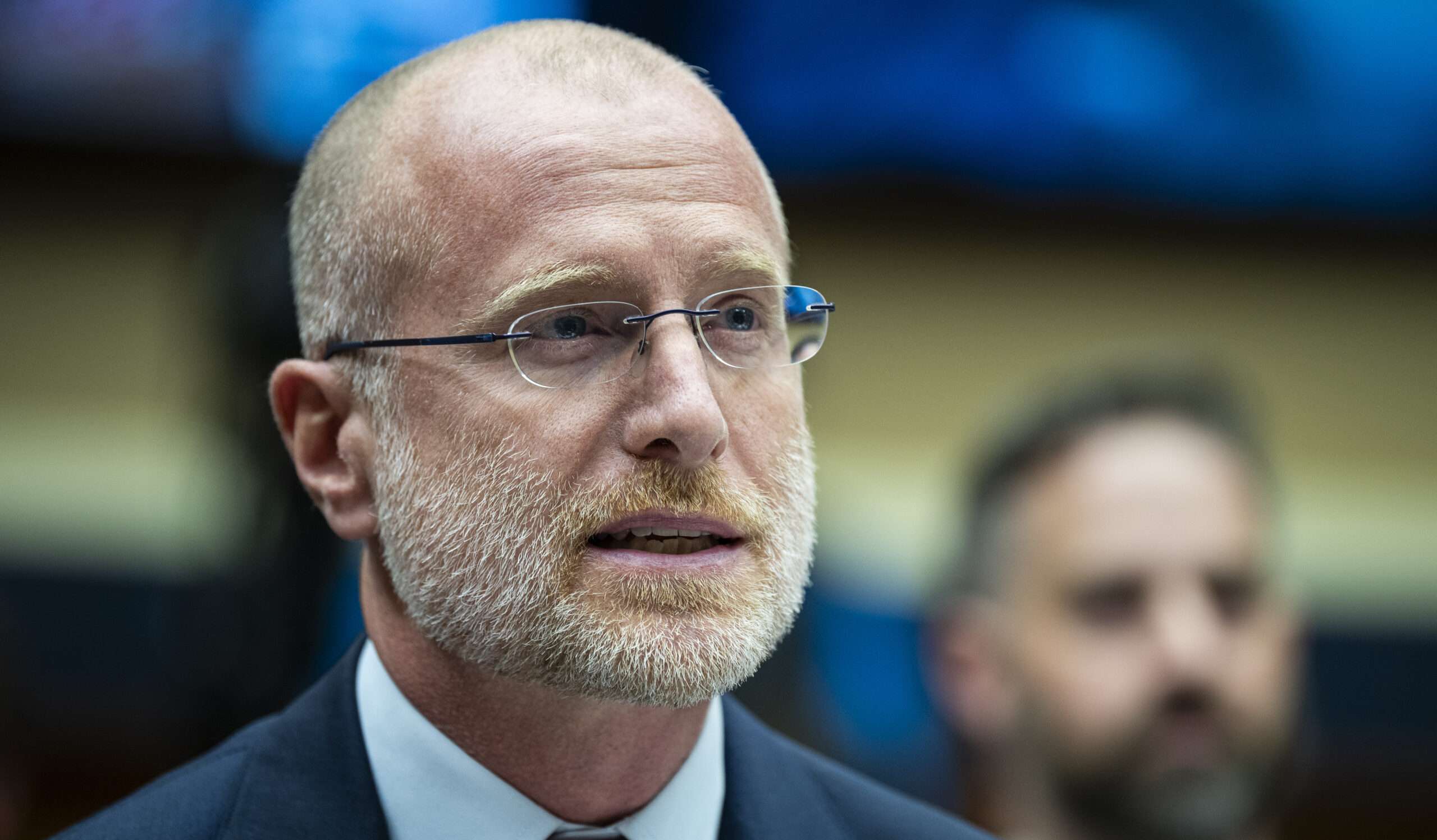Incoming FCC Chairman Carr’s Concerns About NewsGuard Lack Legal Basis and Empirical Support
Brendan Carr, the President-elect Donald Trump’s nominee to chair the Federal Communications Commission (FCC), is advocating for the dismantling of what he labels “the censorship cartel,” which he claims includes major technology firms like Meta, Apple, and Google’s parent company Alphabet, along with NewsGuard. This latter organization evaluates the credibility of news sources, and Carr argues that it colludes with these firms to infringe upon Americans’ constitutional rights by stifling dissenting voices in media. However, his assertions raise several legal and factual questions. Firstly, the argument that a private organization can violate First Amendment rights is flawed since the First Amendment is designed to restrict government overreach, not the actions of private businesses. Moreover, the activities of NewsGuard, from its credibility assessments to its guidance for advertisers, are inherently protected under the Constitution.
More specifically, NewsGuard was established in 2018 by notable media figures L. Gordon Crovitz and Steven Brill, and aims to provide an unbiased evaluation of news sources. As pointed out by Ari Cohn, a tech policy expert, Carr’s earlier acknowledgments contrast with his recent criticisms of NewsGuard’s practices, especially his conflation of the responsibilities and consequences between government and private entities. While it is true that mistakes can occur in the evaluation of news, the key distinction is that government authority wields coercive power, unlike private organizations, whose assessments can be voluntarily accepted or rejected by users and businesses alike.
Carr’s concerns appear to reflect a wider narrative among some Republican lawmakers and media organizations, who suggest that NewsGuard suppresses conservative viewpoints. For instance, House Committee on Oversight and Accountability chairman James Comer voiced similar concerns regarding perceived biases stemming from NewsGuard’s practices and potential connections with government funding. Carr’s insinuation that NewsGuard undermines free expression feeds into an existing grievance among conservative politicians who see the organization as an adversary to their media interests. This suspicion is largely based on subjective interpretations of NewsGuard’s credibility assessments, which Carr and others assert are politically motivated.
As evidence, Carr and the Media Research Center (MRC) cite a higher average rating for left-leaning media compared to right-leaning outlets according to NewsGuard. However, Crovitz refutes this claim, suggesting that the MRC’s analysis was based on a biased sample of outlets, omitting higher-rated conservative sources and, thus, leading to distorted conclusions. He emphasizes that NewsGuard’s ratings are determined by neutral, non-political journalism standards, which measure criteria like misinformation, error correction, and transparency.
Despite the rhetoric surrounding censorship, it’s essential to note that the content of NewsGuard’s evaluations doesn’t automatically imply bias against conservative outlets. Crovitz argues that the so-called “censorship” narrative ignores the reality that many conservative outlets have achieved high credibility ratings through adherence to basic journalistic standards. Notable conservative news platforms have performed favorably in NewsGuard ratings, which indicates that complaints stemming from biased reporting practices, rather than systemic exclusion, may be more valid in this context.
Finally, from a regulatory standpoint, the FCC’s powers regarding content oversight are limited, making Carr’s allegations of an overarching censorship agenda unwarranted. Indeed, Cohn reiterates that the FCC’s authority mainly extends to communication technologies rather than content regulation. Beyond that legal limitation, any arguments attempting to suppress NewsGuard’s credibility ratings would conflict with First Amendment protections governing free expression. As the debate continues, it is crucial to acknowledge that both dissenting and predominant voices in media share constitutional protections, undermining Carr’s claims that suggest an unjust suppression enforced by such evaluative private entities.
Share this content:












Post Comment